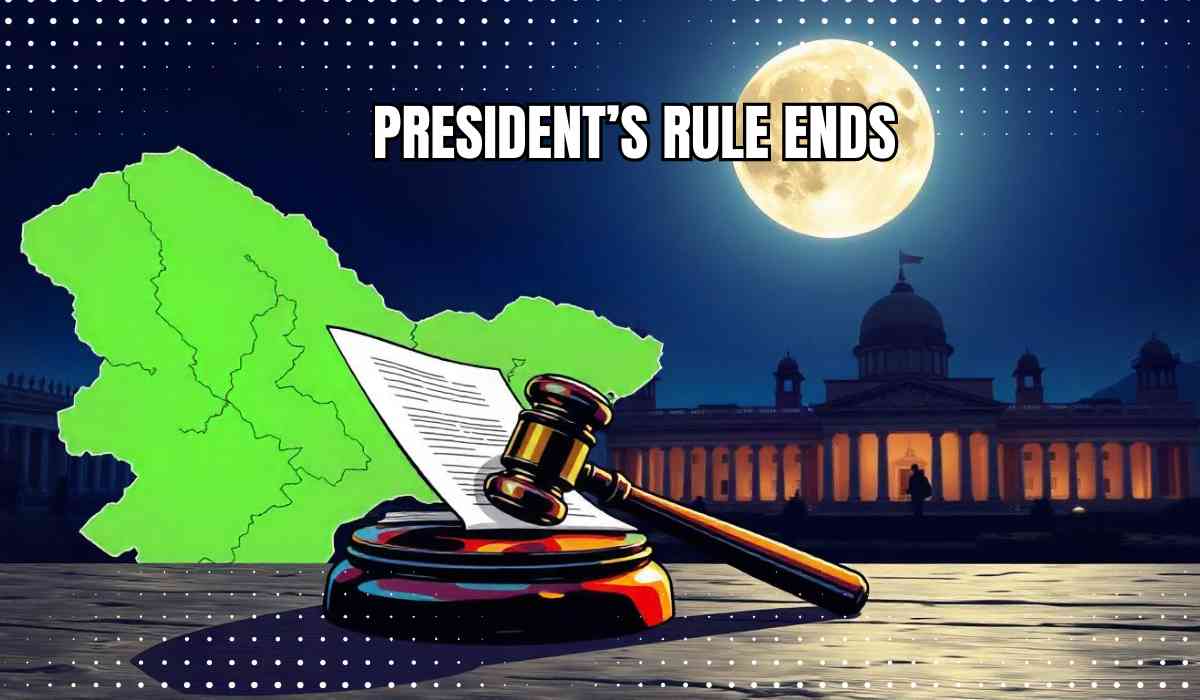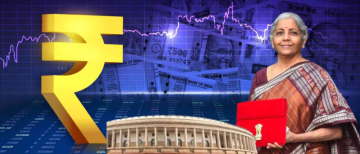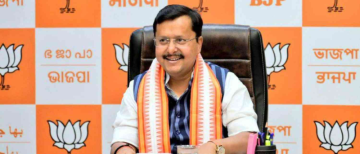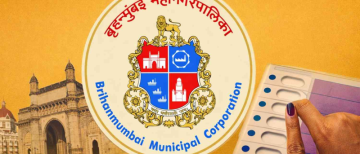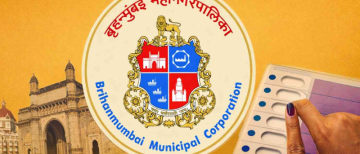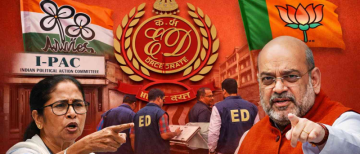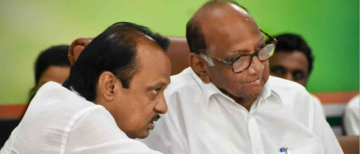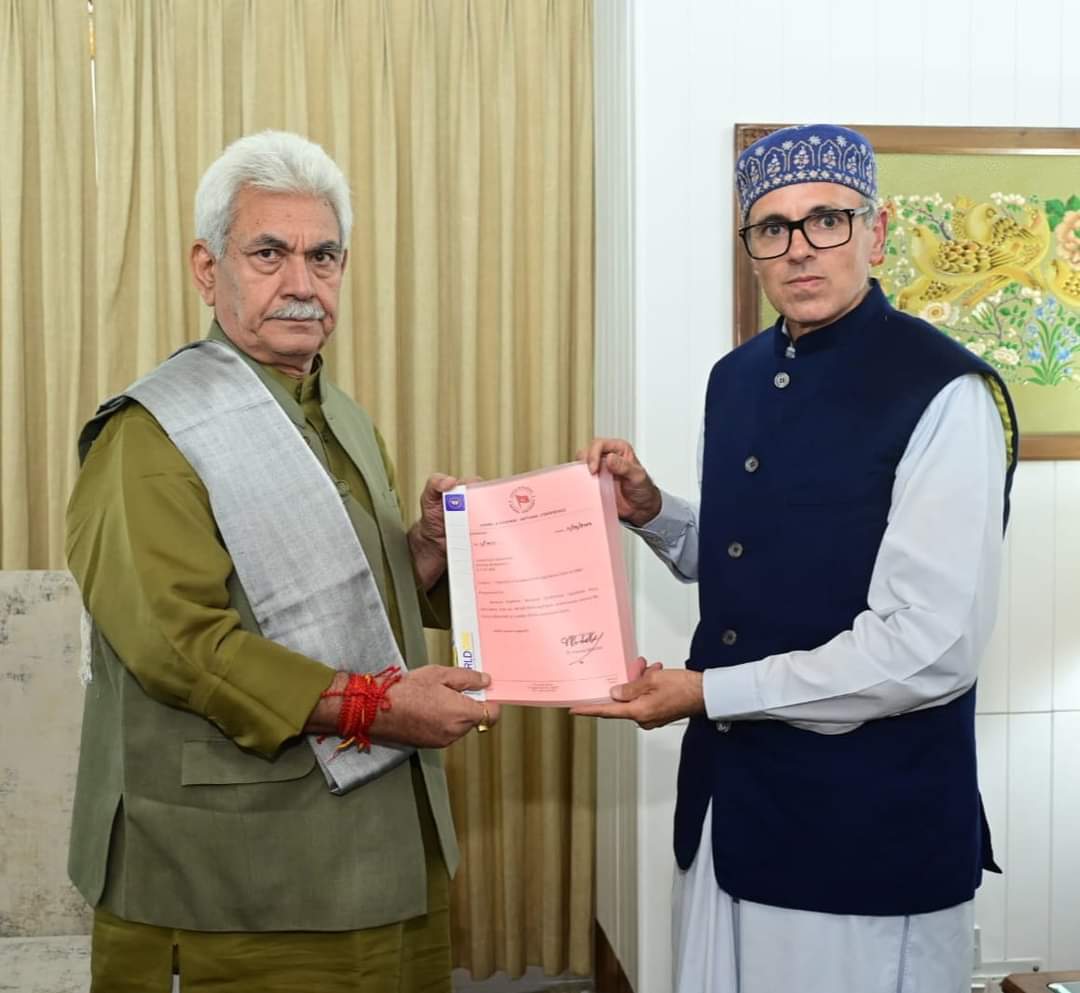
President's Rule Ends in Jammu & Kashmir
President's Rule in the state of Jammu & Kashmir will end within six years. The centre will withdraw its control, opening the way for a newly elected government to take over. It sealed the decision yesterday with an announcement that the National Conference-Congress alliance will form the new administration.
The National Conference, with Omar Abdullah at its helm, seems to be the single largest party in the newly elected state. Abdullah is likely to emerge as the next Chief Minister under a coalition Government with Congress. The President has formally withdrawn central rule.
This clears the decks for the transition
President Droupadi Murmu signed a gazette notification invoking Section 73 of the Jammu and Kashmir Reorganisation Act, 2019. The Jammu and Kashmir Reorganisation Act, 2019 governs the administration of Jammu and Kashmir, which there details revocation from central rule and the formation of local government.
Central Rule and Article 370
Even after the abrogation of Article 370 and conferring special status on Jammu and Kashmir, the central government imposed direct rule on Jammu and Kashmir in October 2019. Jammu and Kashmir was also split into two union territories—Jammu and Kashmir, and Ladakh. It was due to this reorganisation that central rule had been there since June 2017 when, after the ousting of the PDP-led government, the BJP withdrew its support to it.
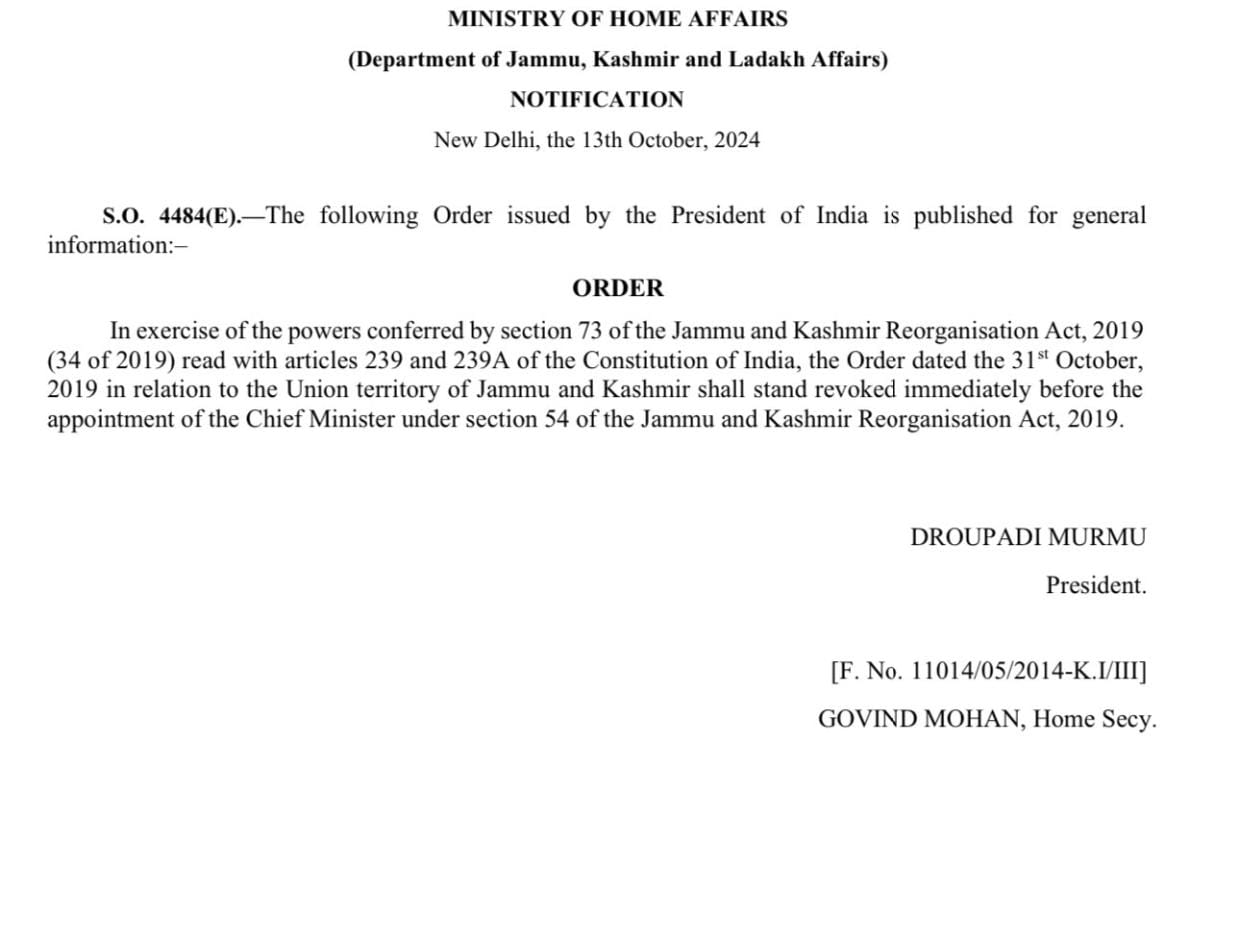
Legal Ground for Center Rule
The status of Jammu and Kashmir became a union territory, and its President's Rule was effectively withdrawn. However, the state administration continues to be exercised by the Lieutenant Governor as contemplated under provisions of the Jammu and Kashmir Reorganisation Act. This has allowed the continuation of central rule through the Lieutenant Governor until recent elections.
Articles and Sections Governing J&K's Administration
Articles 239 and 239A state the administration of union territories. In this case, it applies to Jammu and Kashmir. The article pertains to the administration of union territories, along with the establishment of the local legislatures. Section 54 refers to the appointment of a Chief Minister and other ministers in the territory under the Jammu and Kashmir Reorganisation Act.
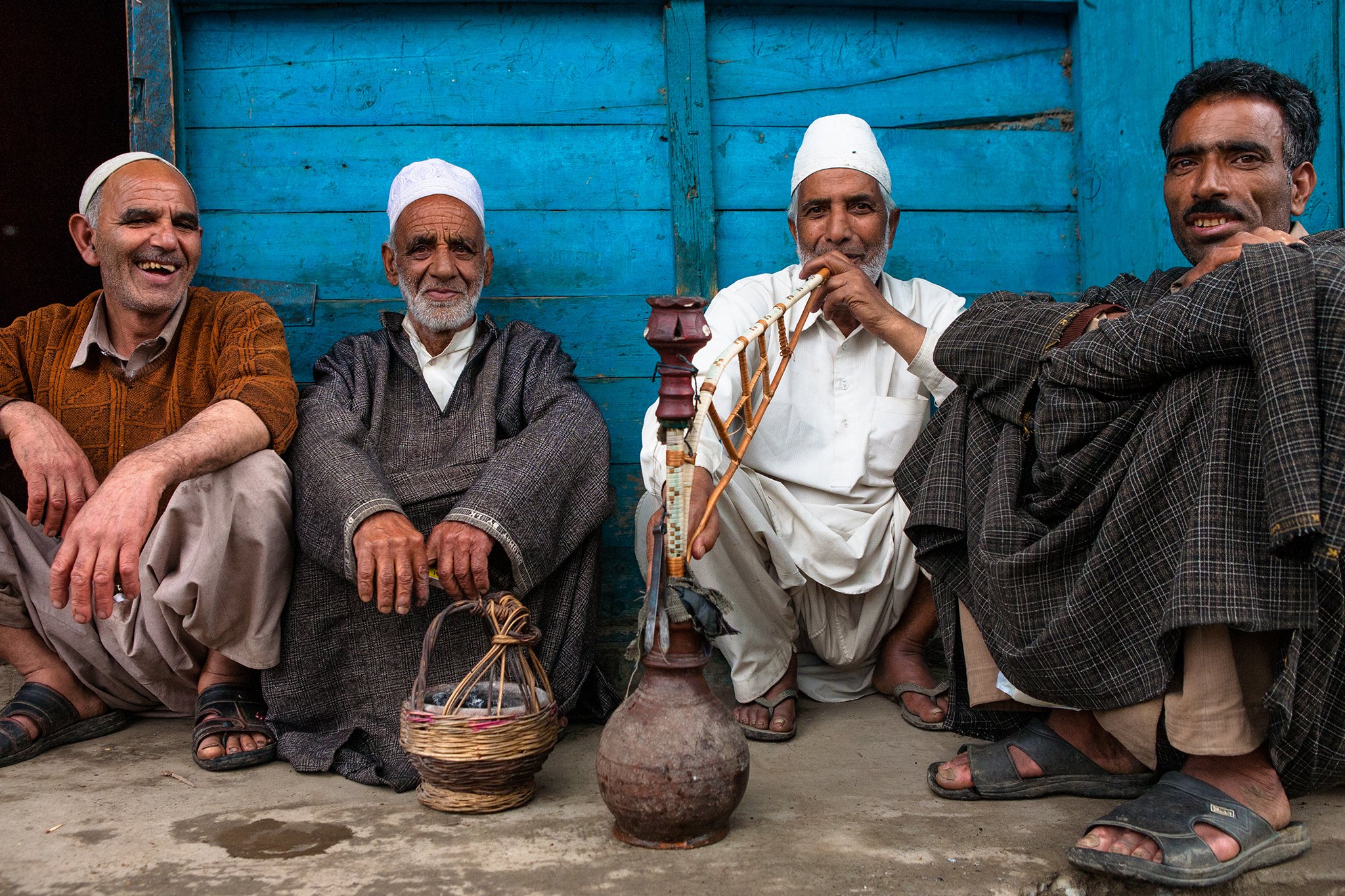
An Impartial View
While the termination of President's Rule is a great stride in the political destiny of Jammu and Kashmir, it also throws up the highly complex challenges that face this region. Balancing the delicate trinity of political stability, economic growth, and local grievances would be crucial to the success of the new government. A peaceful transition to local rule after democratic elections may signal a new chapter in the state's development.
Inputs by Agencies
Image Source: Multiple Agencies
Ⓒ Copyright 2024. All Rights Reserved Powered by Vygr Media.

